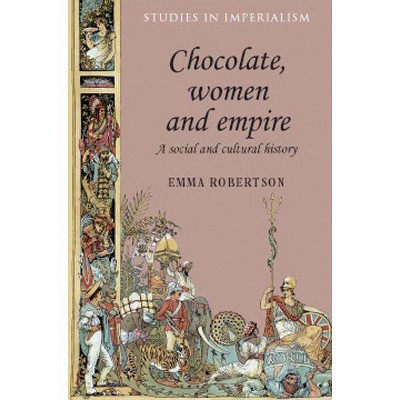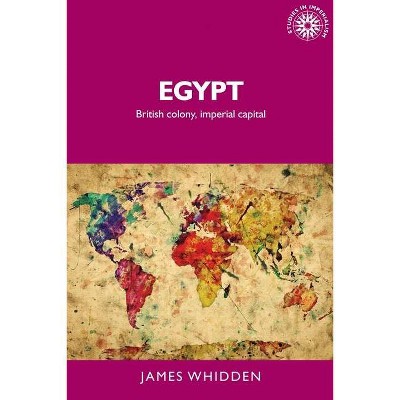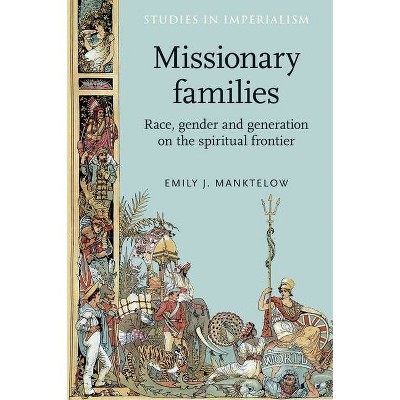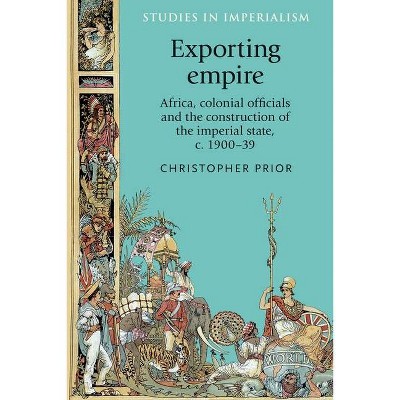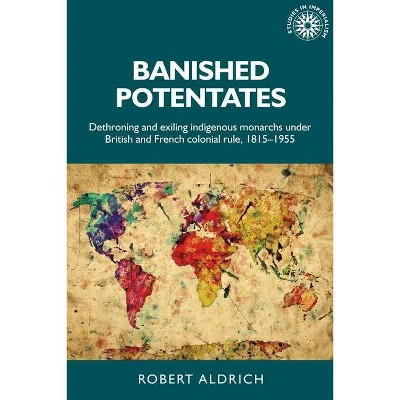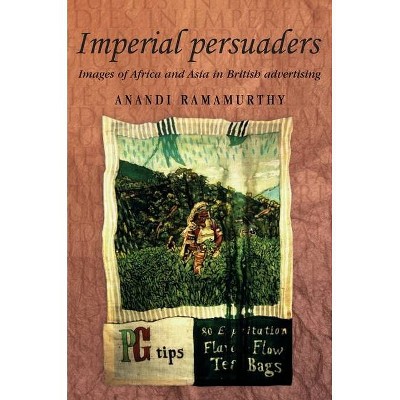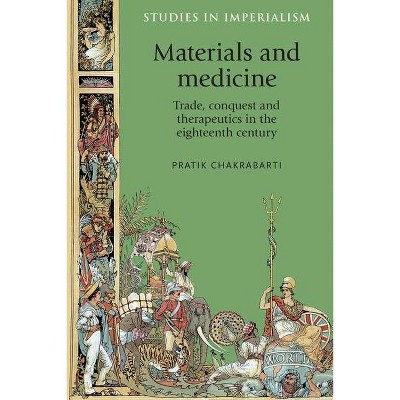Genteel Women - (Studies in Imperialism) by Dianne Lawrence (Paperback)
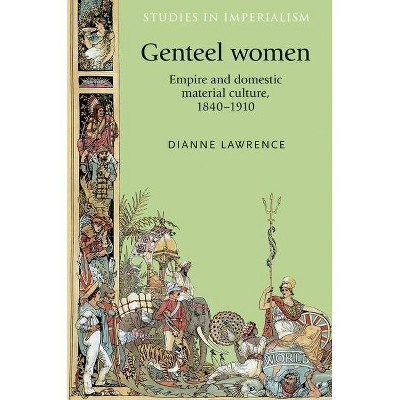
Similar Products
Products of same category from the store
AllProduct info
<p/><br></br><p><b> About the Book </b></p></br></br>This book examines the transfer and adaptation of British female gentility in various locations across the British Empire, including Africa, New Zealand and India, as expressed through their personal and household possessions, specifically their dress, living rooms, gardens and food.<p/><br></br><p><b> Book Synopsis </b></p></br></br>During the latter half of the nineteenth century and the first decades of the twentieth, colonial expansion prompted increasing numbers of genteel women to establish their family homes in far flung corners of the world. This work explores ways in which the women's values, as expressed through<br>their material culture, specifically their dress, living rooms, gardens and food, were instrumental in constructing various forms of genteel society in alien settings. <p/>Lawrence examines the transfer and adaptation of British female gentility in various locations across the British Empire, including Africa, New Zealand and India. Hers is a notable work in being the first to address the significance of the concept and enactment of female gentility within the broader<br>framework of colonial development. In so doing it offers a revised reading of the behavior, motivations and practices of female elites, thereby calling into doubt the oft-stated notion that such women were a constraining element in new societies. <p/>Shedding new light on the experiences of women, empire and the material culture of the domestic sphere, this book will be of interest to those studying everyday life and consumption, gender, imperialism and migration.<br><p/><br></br><p><b> From the Back Cover </b></p></br></br>During the latter half of the nineteenth century and the first decades of the twentieth, colonial expansion prompted increasing numbers of genteel women to establish their family homes in far flung corners of the world. This work explores ways in which the women's values, as expressed through their material culture, specifically their dress, living rooms, gardens and food, were instrumental in constructing various forms of genteel society in alien settings. Lawrence examines the transfer and adaptation of British female gentility in various locations across the British Empire, including Africa, New Zealand and India. Hers is a notable work in being the first to address the significance of the concept and enactment of female gentility within the broader framework of colonial development. In so doing it offers a revised reading of the behaviour, motivations and practices of female elites, thereby calling into doubt the oft-stated notion that such women were a constraining element in new societies. Shedding new light on the experiences of women, empire and the material culture of the domestic sphere, this book will be of interest to those studying everyday life and consumption, gender, imperialism and migration.<p/><br></br><p><b> About the Author </b></p></br></br><br>Dianne Lawrence is an independent scholar<br>
Price History
Price Archive shows prices from various stores, lets you see history and find the cheapest. There is no actual sale on the website. For all support, inquiry and suggestion messagescommunication@pricearchive.us
